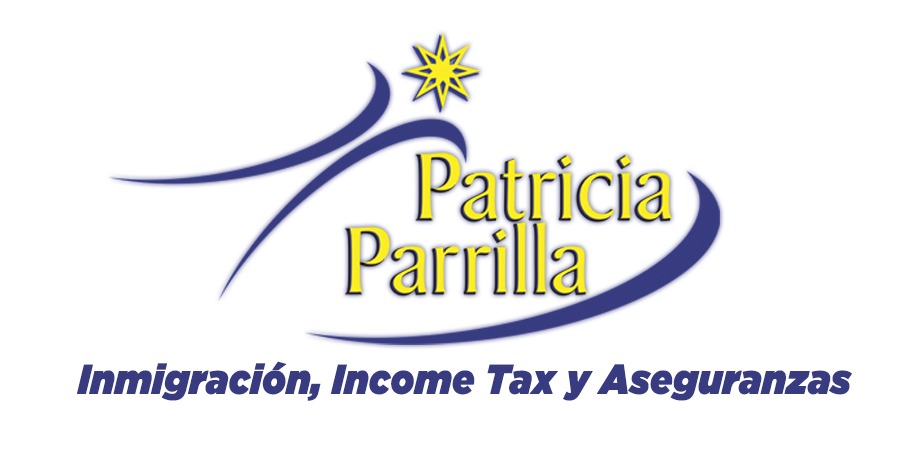
The Treasury Department and Internal Revenue Service yesterday evening announced that the next set of Economic Impact Payments are officially on the way. According to the IRS release, the agency aimed to start direct deposits later that night and send the first round of paper checks today.
What do I have to do to receive a $600 Economic Impact Payment?
Most eligible Americans will automatically receive their direct payment in the same form as the first Economic Impact Payment, whether by direct deposit, Direct Express card, or paper check or debit card. However, the IRS notes that some who previously received an EIP by check could instead get a debit card for this payment.
The IRS says the following groups will automatically receive payments:
- Eligible taxpayers who filed a 2019 tax return
- Social Security retirement recipients
- Survivor or disability benefits (SSDI) recipients
- Railroad Retirement benefits recipients
- Supplemental Security Income (SSI) benefits recipients
- Veterans Affairs benefits recipients
- Non-Filers: Enter Payment Info Here online tool registrants who received an EIP
- Non-filers who successfully submitted a simplified tax return
Qualifying Americans who do not normally file a tax return and who are not included in any of the above groups will need to file a tax year 2020 return and claim the Recovery Rebate Credit to receive their payment.
After you receive an EIP, expect an IRS notice confirming the amount of the payment.
Who is eligible for the $600 Economic Impact Payment?
Eligibility requirements are generally the same as the first round of EIPs:
- $600 for individuals with a 2019 AGI that does not exceed $75,000
- $1,200 for married couples filing jointly with a 2019 AGI that does not exceed $150,000
When filers’ AGI exceeds those thresholds, the amount of the direct payment begins to phase out.
While those thresholds remain the same, the IRS says that—aside from the amount of the payment—there is another major difference between the first and second EIPs: Married filing jointly returns for couples that include only one valid Social Security Number holder are now eligible for the $600 EIP.
“In this situation, these families will now be eligible to receive payments for the taxpayers and qualifying children of the family who have work-eligible SSNs,” the IRS explains. “People in this group who don’t receive an Economic Impact Payment can claim this when they file their 2020 taxes under the Recovery Rebate Credit.”
What if I am eligible but haven’t received either Economic Impact Payment by December 31, 2020?
The IRS says that those who qualify but did not receive either EIP in 2020 can claim a special tax credit when filing a tax year 2020 return. “People will see the Economic Impact Payments (EIP) referred to as the Recovery Rebate Credit (RRC) on Form 1040 or Form 1040-SR since the EIPs are an advance payment of the RRC,” the IRS says. Specific to the RRC, the IRS notes that many taxpayers—even recent college grads—may be able to claim the credit, so they recommend confirming eligibility requirements prior to filing.
What happens if Congress approves a larger direct payment this week?
While the majority leader yesterday declined to bring an up-or-down vote for increasing direct payments to $2,000 to the floor of the Senate, it’s still possible they could pass an increase before the end of the week. If that happens, the IRS says, “the Economic Impact Payments that have been issued will be topped up as quickly as possible.”

 Patricia Parrilla Tax Services
Patricia Parrilla Tax Services